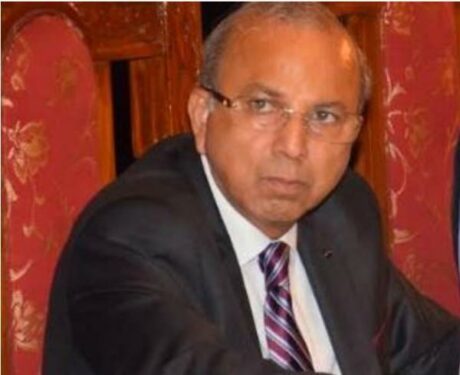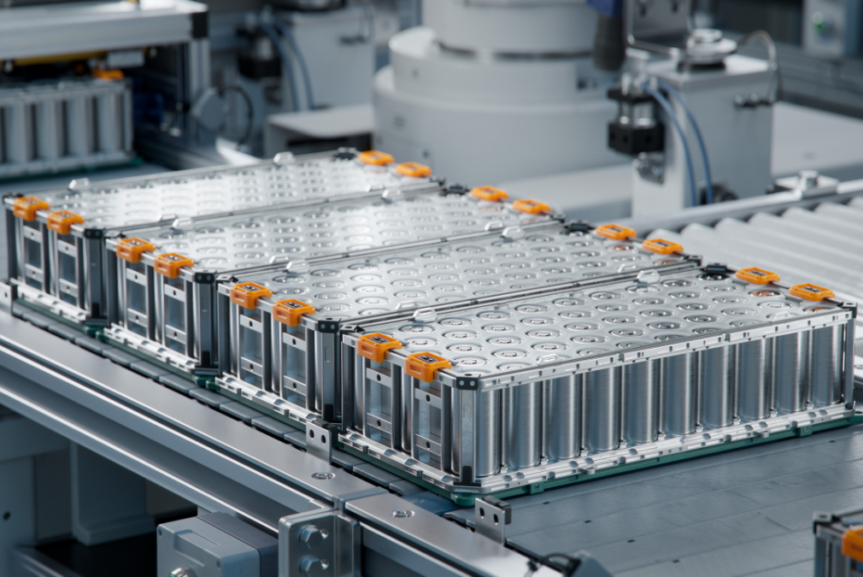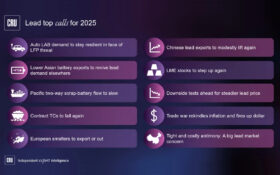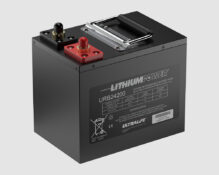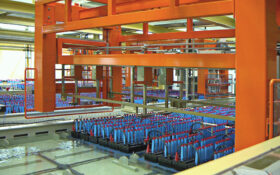India’s largest automotive battery maker Exide Industries Ltd said last week it is planning to reduce dependence on lead—by introducing the bipolar technology of US-based Advanced Battery Concepts.
Exide industries claims that lead suffers from erratic price movement which prompted it to go for developing the new ‘bipolar based battery technology’ in association with the US-based firm.
Bipolar battery technology makes lead-acid batteries lighter, more cost-efficient and consume less lead, the company said.
“We are currently developing bipolar lead-acid storage battery and have a technical tie up with US-based Advanced Battery Concepts. This will be a disruptive technology,” Exide managing director Gautam Chatterjee said after the company’s annual general meeting in Kolkata.
Currently, 40% of the costs of manufacturing lead-acid batteries go into lead. With the successful rollout of the new technology, expected to take over a year, lead consumption would reduce to 30%, he said.
“A 10% reduction in lead cost will bring a huge cost advantage,” according to Chaterjee.
He said Exide would decide at a later stage the uses of the bipolar lead-acid batteries. If they are meant for e-rickshaws, Exide will set up a plant at West Bengal’s Haldia to manufacture it.
On the other hand, if the batteries are meant for telecommunications, then Exide will manufacture them at Hosur in Tamil Nadu. “Haldia will anyway get most of the Rs1,100 crore capex investment US4,165M in FY’19 for brownfield expansion of lead-acid batteries and a new recycling plant on two plots of land at Haldia,” Chatterjee said.
Speaking about the company’s entry into lithium-ion batteries via a joint venture with a Swiss company, he said Exide will make use of the Tudor facility in Gujarat.
Last month, in a notification to the stock exchanges, Exide had said it has entered into an agreement to acquire the Gujarat-based facility of Tudor India.
Tudor is the Indian arm of the US-based Exide Technologies. Last year, Exide Industries had announced that it had reached an out-of-court settlement with US Exide Technologies over rights for using the Exide trademark in India.
“We are transferring the facility in favour of the joint-venture. Initially, we will procure cells until we get a viable volume. If we produce the cells of lithium-ion batteries then it would require an investment of about Rs800 crore,” (US$120M) Chatterjee said.

